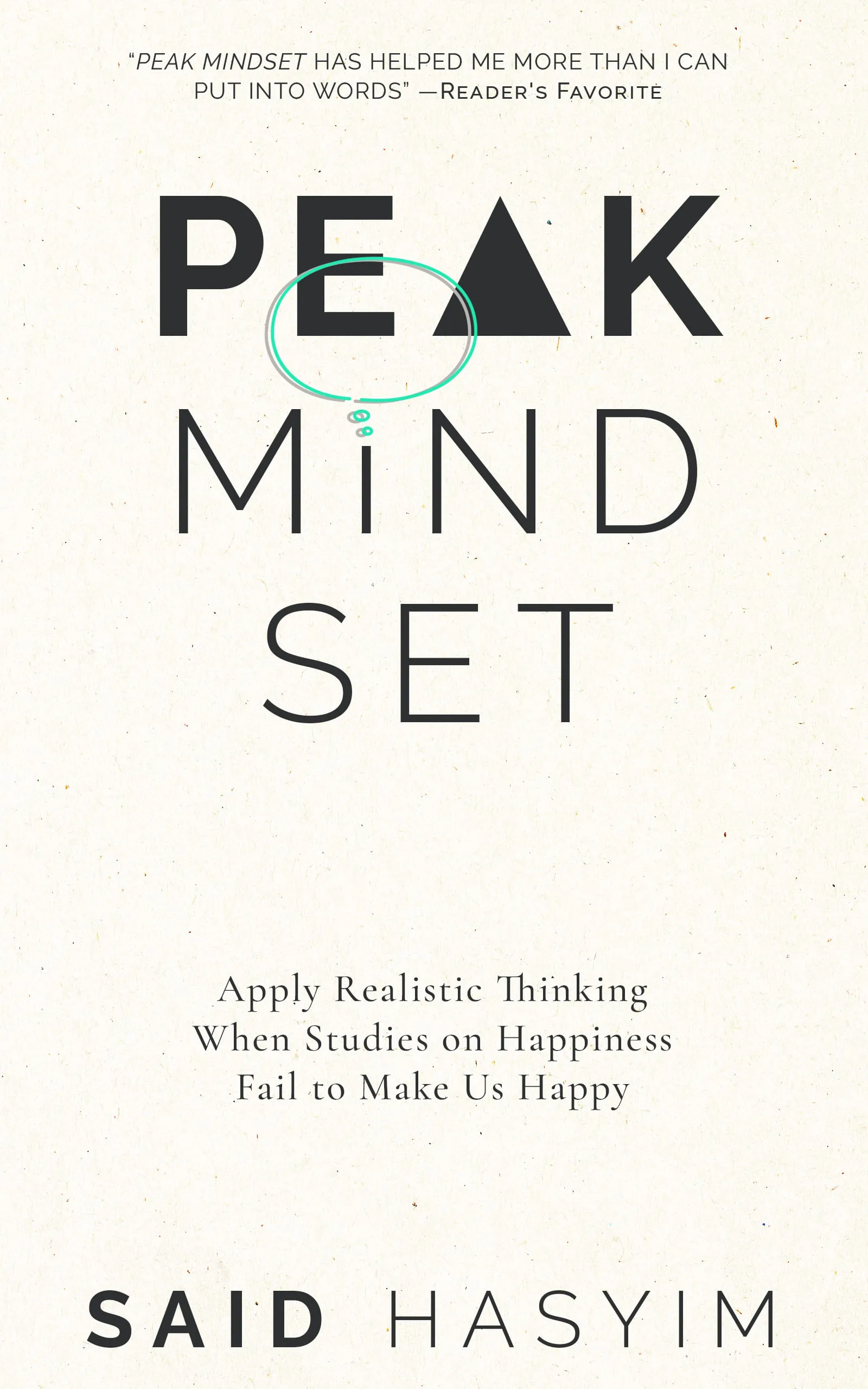Breaking Free: Realistic Thinking to Overcome Discontent
Discontent is a feeling that has crept into every corner of our lives. From the busy streets of bustling cities to the quietness of our homes, it finds a way to infiltrate our thoughts, affecting our relationships, work, and even our self-esteem. While it’s natural to feel discontent from time to time, relying on unrealistic expectations can exacerbate this feeling, trapping us in a cycle of dissatisfaction. This blog post aims to explore how adopting realistic thinking can help us break free from discontent and foster a sense of fulfillment and happiness in our lives.
Understanding Discontent
Before we can break free from discontent, it’s important to understand its roots. Discontent often arises from comparisons—be it with others, our past selves, or idealized future versions of who we want to be. Social media magnifies this effect, presenting a barrage of curated images and narratives that make us question our lives. The constant feeling of "not enough" can lead us down a path of perpetual dissatisfaction.
The Role of Expectations
Expectations play a crucial role in shaping our experiences. When our expectations are misaligned with reality, discontent is almost inevitable. For instance, we may harbor a belief that happiness comes from external accomplishments, such as career achievements or material possessions. When these milestones are not met, discontent sets in as we fall short of our self-imposed standards.
Realistic Thinking: A Path to Freedom
1. Recognize Your Thoughts
One of the first steps in overcoming discontent is to acknowledge your thoughts and feelings. Mindfulness practices can help you become more aware of your mental patterns. When you catch yourself comparing your life to someone else’s or feeling inadequate, take a moment to pause and reflect on those thoughts. Ask yourself whether they are rooted in reality or unrealistic standards that society often sets.
2. Shift Your Perspective
Once you recognize your thoughts, the next step is to shift your perspective. Instead of viewing setbacks as failures, learn to see them as part of the journey. Embracing a growth mindset allows you to appreciate the learning process that comes with challenges. By reframing failures as opportunities for growth, you’ll build resilience and minimize feelings of discontent.
3. Set Realistic Goals
Unrealistic expectations can be crippling. To break free from discontent, set achievable goals that are rooted in your actual circumstances and aspirations. These goals should be specific, measurable, and time-bound. For instance, instead of saying, "I want to be successful," you might set a goal to acquire a specific skill in six months. Celebrating small victories along the way can create a sense of fulfillment and motivate you to continue striving for your goals.
4. Practice Gratitude
Practicing gratitude is an incredibly powerful tool for combating discontent. Regularly reflecting on what you appreciate in your life can shift your focus from what’s lacking to what’s abundant. Simple exercises, like maintaining a gratitude journal or sharing your joys with friends, can dramatically alter your mindset. By actively acknowledging the positives, you’ll begin to feel more satisfied with your current situation, reducing feelings of discontent.
5. Limit Comparisons
In the age of social media, it’s almost impossible to avoid comparisons entirely, but you can choose how you interact with these platforms. Consider unfollowing accounts that make you feel inadequate or setting time limits for social media use. Remember that social media often presents an edited version of reality, and what you see isn’t the full picture. Instead, focus on your unique journey and celebrate your progress.
Building Emotional Resilience
Overcoming discontent is not just about changing thoughts; it’s also about building emotional resilience. The following strategies can help you cultivate this resilience:
1. Seek Support
Don’t hesitate to reach out to friends, family, or mental health professionals when discontent becomes overwhelming. Sometimes, simply voicing your feelings can help you gain perspective and realize you’re not alone. Surrounding yourself with supportive networks can provide encouragement and motivate you to keep moving forward.
2. Engage in Self-Care
Make self-care a priority in your daily life. Whether it’s through physical activities, hobbies, or relaxation techniques like meditation or yoga, find ways to nurture yourself. Self-care helps reduce stress and fosters a sense of well-being, making it easier to navigate feelings of discontent.
3. Accept Imperfection
Perfectionism often leads to discontent. Accepting that life is inherently imperfect can free you from the burden of unrealistic expectations. Embrace the beauty of flaws and mistakes—they are part of the human experience. By normalizing imperfections, you’ll find greater peace in your daily life.
Conclusion
Breaking free from discontent requires conscious effort and a commitment to realistic thinking. By recognizing your thoughts, shifting your perspective, setting attainable goals, practicing gratitude, and reducing comparisons, you can cultivate a life marked by contentment rather than dissatisfaction. Remember, the journey to emotional well-being is not a linear path but a lifelong practice. Embrace the process, and give yourself permission to feel content in your own unique way.
As you embark on this journey, keep reminding yourself: happiness is not a destination but a way of traveling. Embrace the realistic thoughts, cherish the small victories, and ultimately, break free from the chains of discontent.
Leverage Your Mindset for a Fulfilling Life
Explore Peak Mindset, a book to leveraging your subconscious for a more fulfilling life. Gain insights into realistic thinking, money management, and stress resilience to make informed decisions. Discover pitfalls in conventional happiness advice and practical strategies for self-transformation. Unlock your potential and enhance your overall satisfaction.
